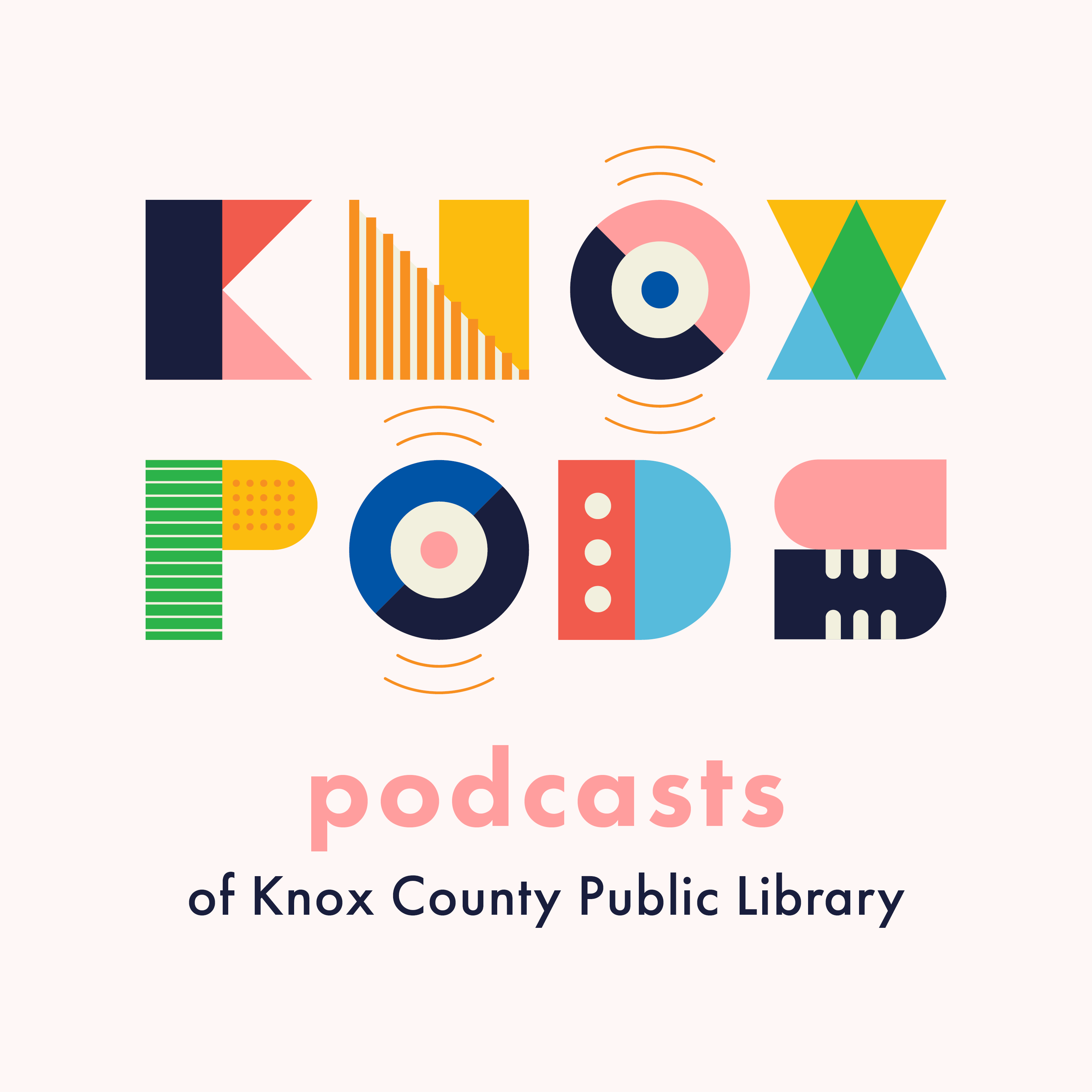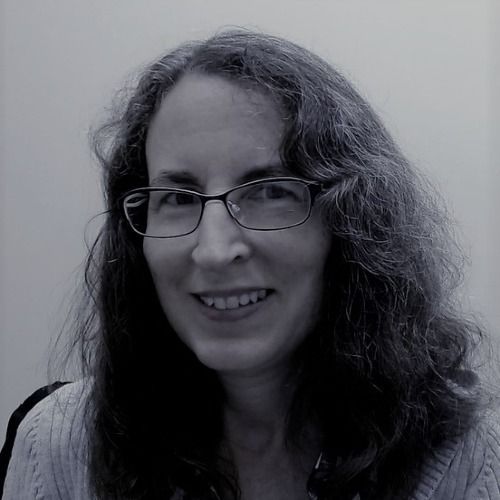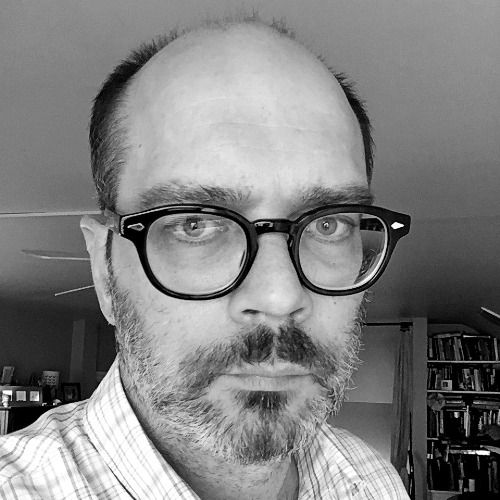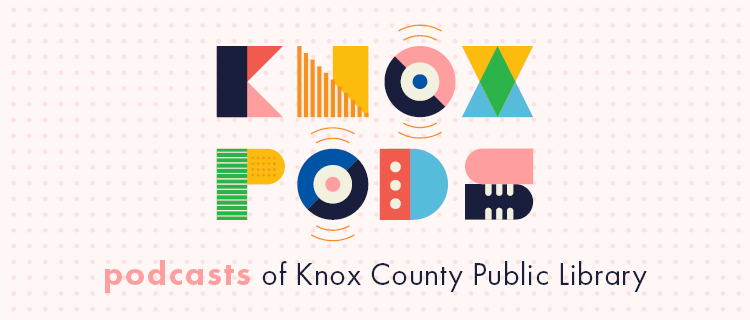full
The Beat: Jim Minick and Robert Frost
Jim Minick is the author of two books of poetry, Her Secret Song and Burning Heaven. In addition, he’s published: Finding a Clear Path, a collection of essays; The Blueberry Years: A Memoir of Farm and Family, which won the Southern Independent Booksellers Association’s award for nonfiction; and Fire Is Your Water, a novel that won the Appalachian Book of the Year Award. Minick’s work has appeared in The New York Times, Poets & Writers, Tampa Review, Shenandoah, Orion, Oxford American, and The Sun. His latest nonfiction book, Without Warning: The Tornado of Udall, Kansas, is forthcoming next month, and his latest poetry manuscript, The Intimacy of Spoons, is forthcoming in 2024. He serves as Coeditor of Pine Mountain Sand & Gravel.
Robert Frost was born 1874 in San Francisco. Though Frost attended Dartmouth College and Harvard University, he never earned a formal degree. As a young writer, Frost didn’t have much luck publishing in American literary magazines. He spent much of his twenties and thirties farming and teaching. His first book wasn’t published until he was nearly 40 years old—and after he'd sold his New Hampshire farm and moved to England where publishers were more receptive to his work. Frost soon moved back to the U.S. where he lived in Massachusetts and Vermont, and he went on to win four Pulitzer Prizes and the Congressional Medal of Honor. He died in Boston in 1963.
Links:
Read "Diminished" at Still: The Journal
Read "The Collar” and "Still Dark"
Jim Minick
"Why Birds" at Salvation South
"Whale Light" at The Ekphrastic Review
"Good Dirt" and "Stress Test" at Cutleaf
Without Warning: The Tornado of Udall, Kansas at Bison Books
Robert Frost
Bio and Poems at The Poetry Foundation's website
Mentioned in this episode:
KnoxCountyLibrary.org
Thank you for listening and sharing this podcast. Explore life-changing resources and events, sign up for newsletters, follow us on social media, and more through our website, www.knoxcountylibrary.org.
Transcript
Welcome to The Beat, Knox County Public Library’s poetry podcast. Today we’ll hear four poems read by the poet Jim Minick. The first poem we’ll hear him read is “The Oven-Bird” by Robert Frost. Minick will follow by reading three of his own poems: “Diminished,” “The Collar,” and “Still Dark.”
Jim Minick:"The Oven-Bird" by Robert Frost
There is a singer everyone has heard,
Loud, a mid-summer and a mid-wood bird,
Who makes the solid tree trunks sound again.
He says that leaves are old and that for flowers
Mid-summer is to spring as one to ten.
He says the early petal-fall is past
When pear and cherry bloom went down in showers
On sunny days a moment overcast;
And comes that other fall we name the fall.
He says the highway dust is over all.
The bird would cease and be as other birds
But that he knows in singing not to sing.
The question that he frames in all but words
Is what to make of a diminished thing.
For years, I used to teach that poem by Robert Frost, "The Oven-Bird," in American Lit. And for years, I would always have to introduce it with some kind of joke because that idea, that bird, the ovenbird, was kind of rare. In fact, none of my students ever knew what an ovenbird was. They would joke and say, "A chicken? A turkey?" Uh, yes, and I would say, "Mmm, no, an ovenbird is a warbler that builds a nest that is kind of peculiar. It's a nest on the side like a cup, tilted, and like an oven without a door, so the name. In response, so after I taught that for many years, I realized I had something more to say. I wanted to understand or remember what an ovenbird could be about, so this next poem is my response to Robert Frost's "Oven-Bird." And it's called "Diminished." And the more I taught "The Oven-Bird," I realized there was more to say because what happens if no one remembers the ovenbird 100 years from now? So:
"Diminished,"
In response to Robert Frost's "The Oven-Bird.
You said there was a singer everyone
had heard, a joke, I’m sure, even then,
a hundred years ago. But here’s the jest
I have to use each time I teach your poem,
“No turkey here, no culinary test,
no, this bird’s a winsome warbler who builds
a funny nest.”
When I was young, my home
had woods and ovenbirds galore, that pealed
like hammers their “teacher” song in woods that live
no more. What happens to directives
like ‘in singing not to sing’ when
forests fill with emptiness,
and no bird’s left to sing? Forgotten
implies memory, never the less.
"THE COLLAR"
More than its beak that daggers the suet,
more than its whispers or squawks or pointed
crown, more even than the soft back
that looks like fur, not feathers,
gray fading to blue down the spine,
more than anything else, the blue jay
is defined by its collar, so black—
a lawyer’s without the tie,
a queen’s tight monarchy of the sky,
a priest’s without the sanctity,
where a nest found is a nest eaten.
Or the collar could be this: a noose
that knots at the top of the head, burn
marks from a rope, a mythological
scar for some unknown crime, history
worn as jewelry, a stunning reminder
of our own mad and ugly past.
"STILL DARK"
From the sugarberry tree,
dove sings her low hello
cardinal his sharp cheer, cheer.
Wren rattles & darts & calls for tea,
while far away, chickadee repeats,
“I’m here, I’m here.”
Such exuberance
before the sun
even rises;
such joy
I wish
I knew.
And in this moment,
I do,
I do.
Alan May:You just heard Jim Minick read Robert Frost’s poem “The Oven bird.” Minick followed with three of his own poems: "Diminished,” “The Collar,” and “Still Dark” which are from his new manuscript called The Intimacy of Spoons. He was kind enough to record these poems for us at his home in Virginia.
Jim Minick is the author of two books of poetry, Her Secret Song and Burning Heaven. In addition, he’s published: Finding a Clear Path, a collection of essays; The Blueberry Years: A Memoir of Farm and Family, which won the Southern Independent Booksellers Association award for nonfiction; and Fire Is Your Water, a novel that won the Appalachian Book of the Year Award. Minick’s work has appeared The New York Times, Poets & Writers, Tampa Review, Shenandoah, Orion, Oxford American, and The Sun. His latest nonfiction book, Without Warning: The Tornado of Udall, Kansas, is forthcoming from the University of Nebraska Press.
Robert frost was born in eighteen seventy-four in San Francisco. When he was eleven years old, his family moved to Lawrence, Massachusetts. Though Frost attended Dartmouth College and Harvard University, he never earned a formal degree. As a young writer, Frost didn’t have much luck publishing in American literary magazines. He spent much of his twenties and thirties farming and teaching. His first book wasn’t published until he was nearly 40 years old—and after he'd sold his New Hampshire farm and moved to England where publishers were more receptive to his work. Frost soon moved back to the U.S. where he lived in Massachusetts and Vermont, and he went on to win four Pulitzer Prizes and the Congressional Medal of Honor. He died in Boston in nineteen sixty-three. You can find books by Jim Minick and Robert Frost in our online catalog. Also look for links in the show notes. Please join us next time for The Beat.
